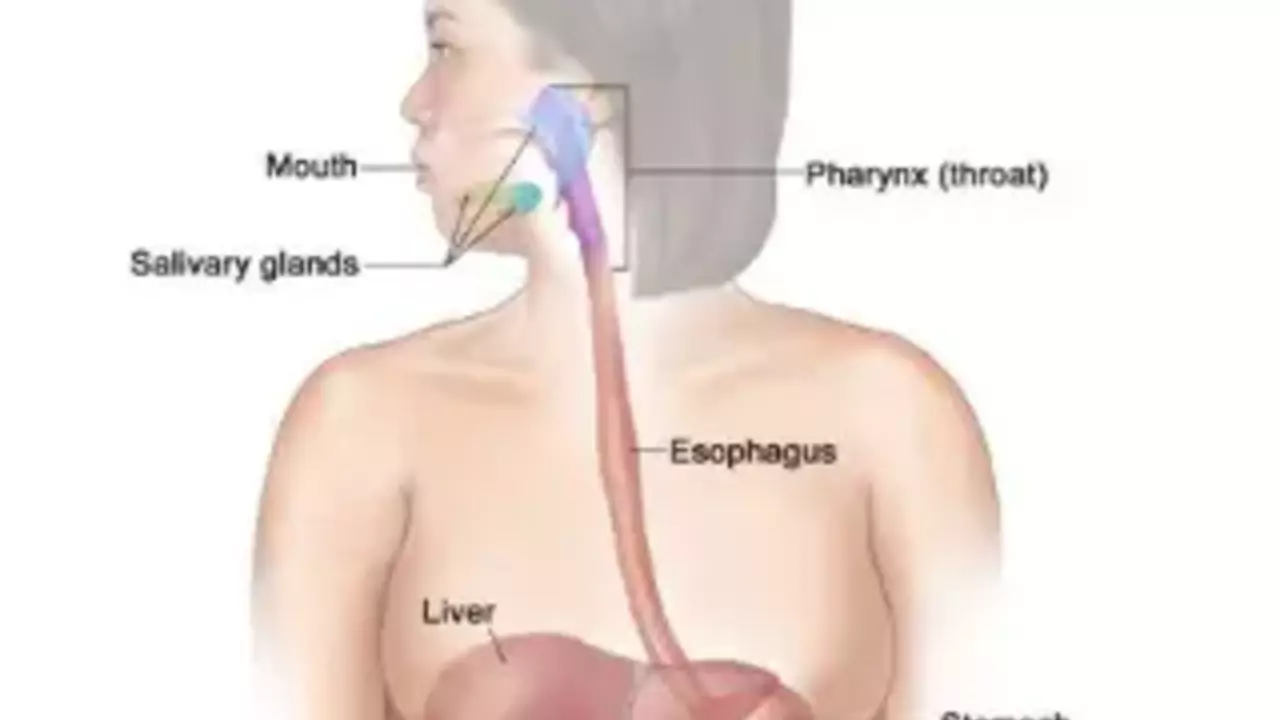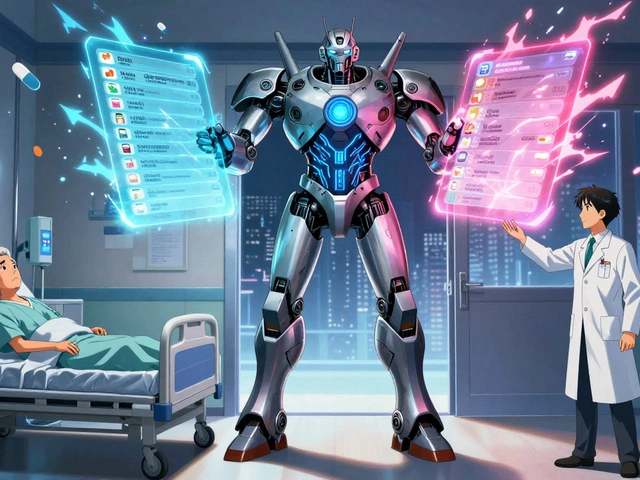Abdominal Distension: What Causes Bloating and How to Get Relief
Abdominal distension is when your belly feels swollen, tight, or bigger than usual. It’s usually caused by trapped gas, constipation, overeating, or a reaction to certain foods. Sometimes medicines, hormonal changes, or conditions like irritable bowel syndrome (IBS), inflammatory bowel disease (IBD), and small intestinal bacterial overgrowth (SIBO) cause it. Fluid in the abdomen (ascites) needs urgent care. Knowing simple steps to ease distension and when to see a doctor helps you avoid uncomfortable repeats.
Quick checks: did you eat a big meal, swallow extra air with chewing gum, or try a new fiber supplement? If the bloating follows certain foods—dairy, beans, onions, garlic, or high FODMAP items—test removing them for a few days. Keep a food log; noting meals, symptoms, and bowel habits makes patterns clear.
Quick Relief You Can Try Today
Walk for 10–20 minutes after meals to move gas along. A warm heating pad over the belly relaxes muscles. Try peppermint tea or ginger to calm cramping and gas. Simethicone can reduce trapped gas; follow package directions. If you get constipated, a gentle osmotic laxative may help. Avoid fizzy drinks, straw use, and tight waistbands. Probiotics sometimes help after several weeks.
When to See a Doctor
See a doctor if the swelling is sudden and painful, if you have fever, repeated vomiting, bloody stools, unexplained weight loss, or shortness of breath. Mention recent medication changes — steroids, some blood pressure drugs, or certain diabetes meds can affect digestion. Your doctor may check blood tests, stool tests, abdominal imaging, or refer you for a colonoscopy or breath test for SIBO. For known IBD patients, worsening distension with fever should prompt quick contact; treatments like budesonide (Entocort) can be part of care but need a doctor’s plan.
Track symptoms: time of day, what you ate, bowel movements, pain level, and whether gas passes. If simple changes don’t help after two to four weeks, book an appointment. Bring your food log and any lists of medicines. If you want reading, check our guides on talking to your doctor about gas, Entocort for IBD, and common antibiotics that can affect digestion. Small actions—short walks, fewer carbonated drinks, routine meals—often stop repeat bloating.
Try a short low-FODMAP test: avoid high FODMAP triggers like apples, pears, garlic, onions, wheat, and high-fructose foods for two weeks and watch symptoms. Slow changes to fiber are better than abrupt increases; aim for mixed soluble fiber like oats and psyllium if you need bulk. Chew slowly and stop gum chewing to cut swallowed air. If bloating comes with new or strong pain, ask for imaging to rule out blockage. For long term cases, a gastroenterologist can offer breath testing, endoscopy, or targeted treatments including antibiotics for confirmed SIBO or prescription medicine for constipation or IBD flare control.
Write down what helps and keep doing small fixes; if things worsen, call your clinic early and bring your food log and notes.




